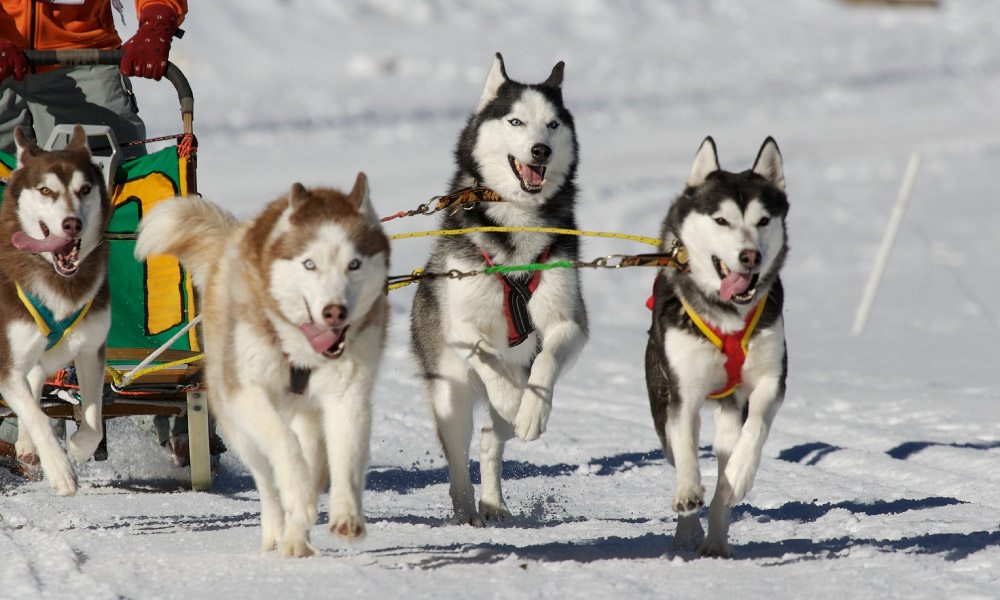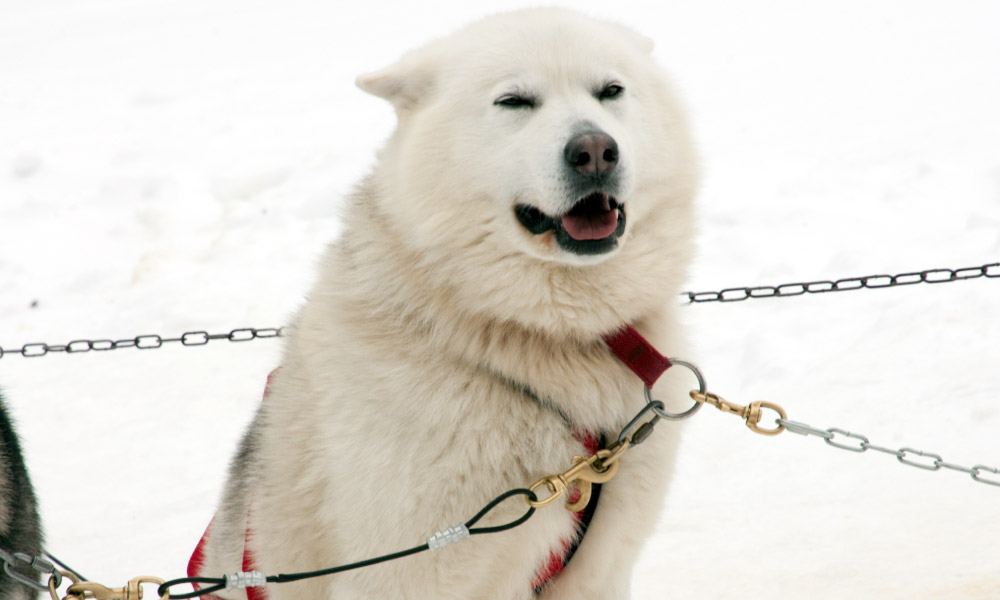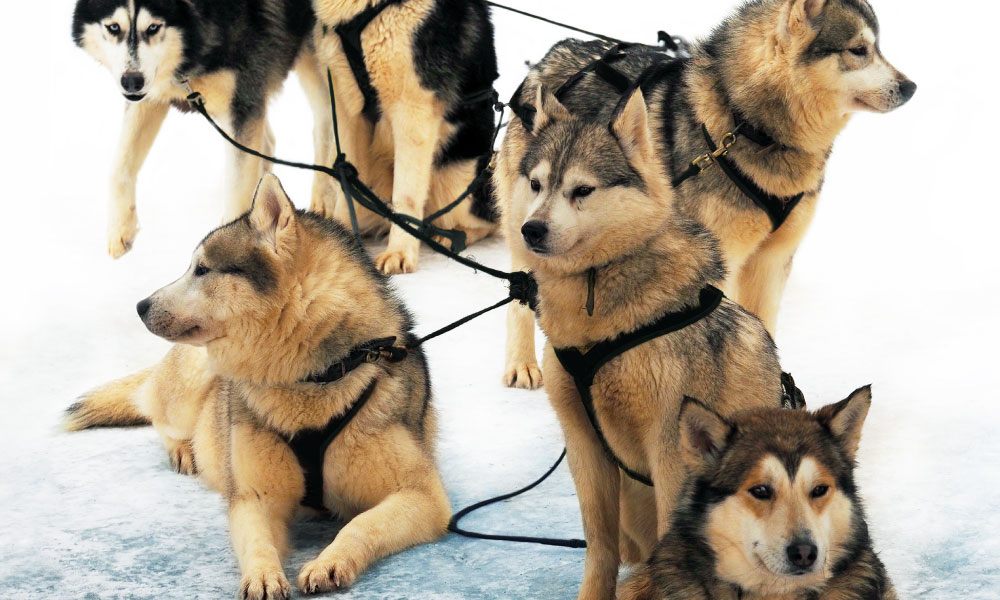
Equanimity
In business, if we are self-aware, we constantly evaluate our interactions with team members in light of what is good for us, for them, and for the team as a whole. Team members look to the Leader to provide both intellectual and emotional guidance. Each team member expects to be treated fairly – there is a sense of equanimity in business relationships that is critical to team success.
In the world of dogsledding, one of the core aspects of building a successful team is the communication and interaction between the Musher and the dogs. One of the things that the Musher has to do is avoid losing his or her temper. They have to equally work hard not having their voice reflect their feelings when they’re giving commands to the dogs, or even speaking to them casually.
We all recognize the “para-natural” ability of the dogs as animals to detect fear. Clearly they can detect anger and displeasure as well as other emotions. Equally, you don’t want your dogs to think you’re fearful, because then they may lose confidence in you and they become fearful.
Therefore, the Musher must demonstrate a certain level of self-control around the dogs, which takes time to develop. Further, because they’re dogs and because they’re very hierarchical animals in their own right, they need to know that you’re firm but fair. They need to witness your positive interactions because they have their own sense of justice and equanimity.
What’s really important is that the Musher has to think about what to them seems wise, firm, and fair. A big part of Musher Management, in terms of Self-Interested Caretaking™, is controlling your voice, not losing your temper, but also projecting, being cognizant of and thinking about what your team thinks is fair.
If you go back to the Parable of the Musher — about that CEO who says “it’s about me hacking my way through the jungle and you follow me or you’re dead” — he wasn’t particularly interested in what his team felt was firm, fair, or wise. He believed that by position he had authority, and by his authority only he would dictate what was firm or fair.
That’s certainly not the way a dogsled works and more important, that’s not the way the world works. Leaders who act without regard to fairness create dysfunctional relationships with their team, within their team., and alienate stakeholders generally.
In the end, without equanimity, you lose the confidence of your team. What are some of the other activities a leader can engage in to build trust and confidence within the team?
New? Start here.
Stay in the Know
Sign-up to get our latest articles delivered right to your Inbox.
"*" indicates required fields



